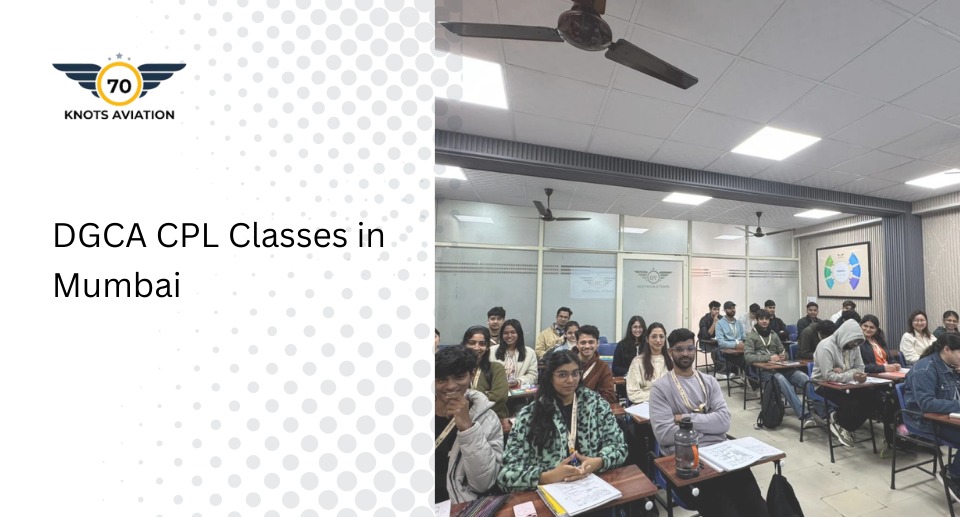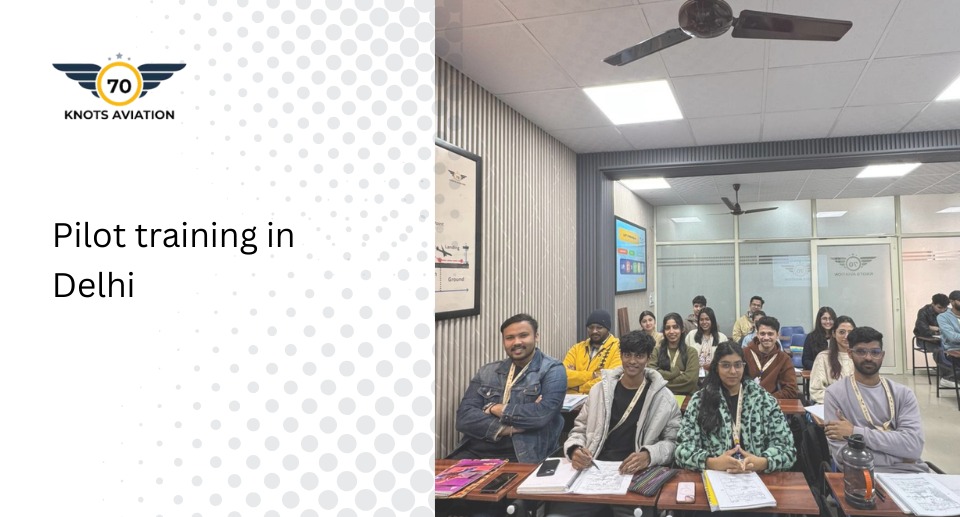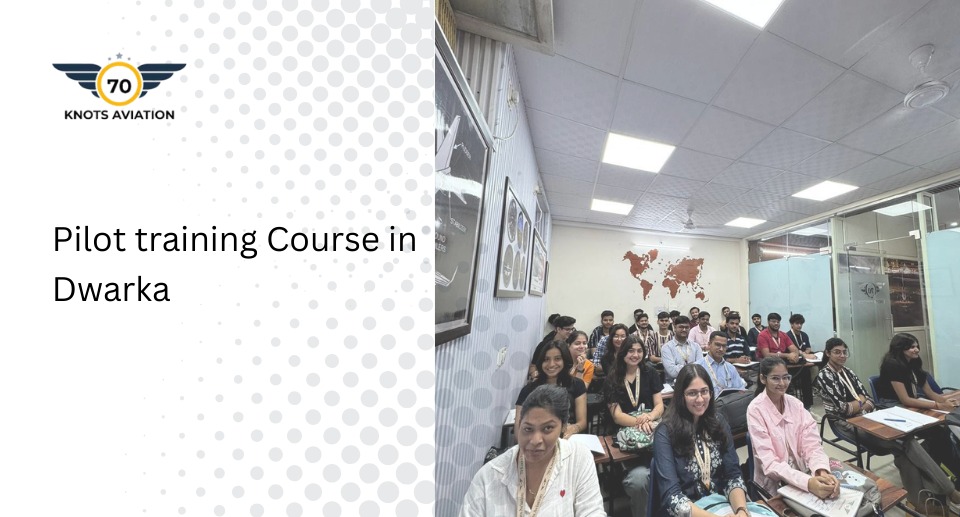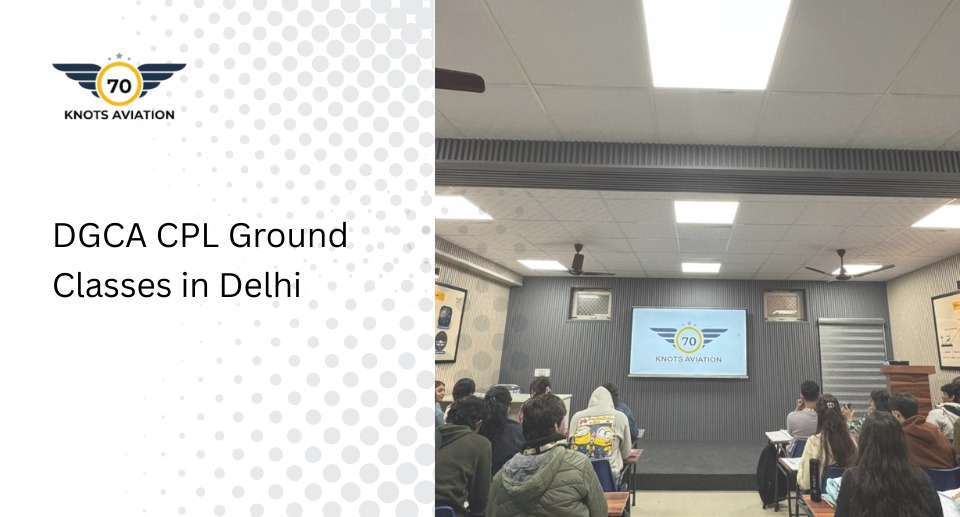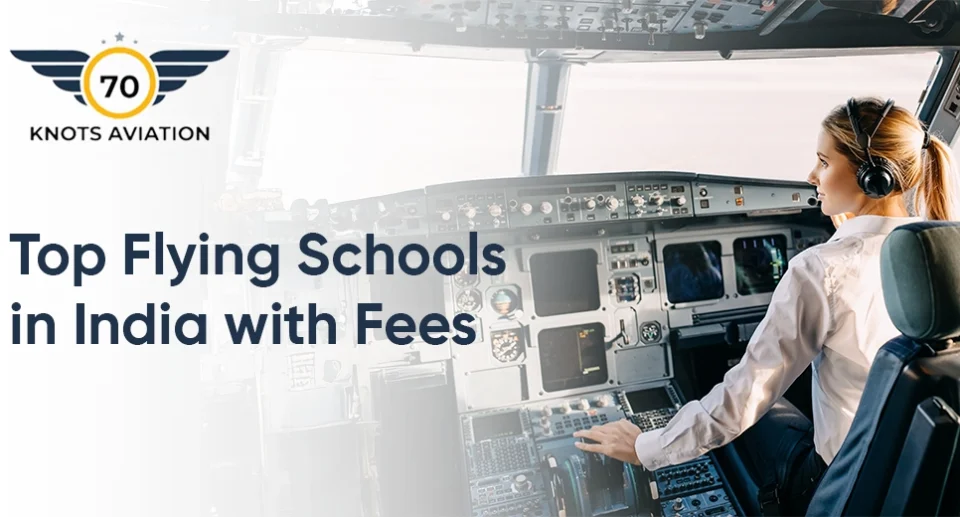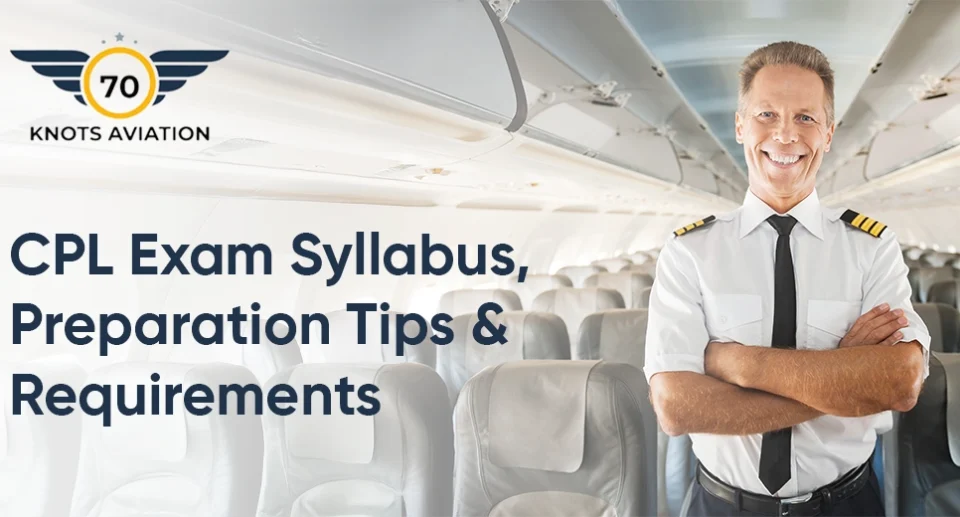Pilot Exam Guide: Everything You Need to Pass

It is undoubtedly an exciting journey and a well-thought decision if you are aiming to become a pilot, but the first hurdle that you must overcome is to pass the exams that are required to attain your goal. Pilot exams may seem difficult at first, but with proper preparation, you can easily ace it and get the best for yourself. 70 Knots Aviation is all that you need to step up in this field. We are here to help you; whether you are working towards your Private Pilot License (PPL), Commercial Pilot License (CPL), or Airline Transport Pilot License (ATPL), we understand that preparation is the quintessential aspect.
In this guide, we will provide everything you need to know, starting from examination format to study techniques. Our aim is to help you confidently pass your pilot exams and achieve your aviation goals.
Understanding Pilot Exams
Pilot exams test your knowledge base, skills, and medical fitness to ensure that you are ready to fly in real life. There are three categories of pilot licenses that you need to know:
- Private Pilot License (PPL): It is the first step in aviation. Obtaining this license will allow you to fly non-commercially.
- Commercial Pilot License (CPL): Enables you to fly commercially, often requiring additional training.
- Airline Transport Pilot License (ATPL): The highest certification, obtaining this license is mandatory if you want to become an airline captain.
Each of these licenses is based on the following:
- Theoretical Exams: It covers key subjects such as meteorology, navigation, and air law.
- Practical Flight Tests: Another hands-on assessment that focuses on your ability to handle an aircraft when you strip away autopilot capabilities and other assistance.
- Medical Assessments: These are required to prove that you meet the necessary physical and mental conditions.
Key Subjects and Topics
To pass pilot exams, you must have a firm grasp of the topics that are pertinent to aviation. These include:
- Air Law: This subject covers aviation regulations, flight rules, and operational procedures.
- Meteorology: It involves understanding the weather patterns, turbulence, and how atmospheric conditions affect flying.
- Navigation: It covers researching and planning flights, tracking GPS systems, and airspace coordination.
- Aircraft Systems: It includes learning the engine mechanics, flight controls, emergency procedures, and avionics.
- Human Performance and Limitations: Studies the physiological and psychological factors that impact pilots.
These are the topics you must master to be successful in both theory and practical assessments. In fact, subjects under navigation and aircraft systems are particularly tough for aspiring pilots. This is why you need structured learning and expert guidance so that it becomes easy for you to learn these accordingly.
At 70 Knots Aviation, we teach you in a way that makes it convenient for you to remember the complex subjects as well. We provide you with live, hands-on practice with an experienced instructor to help and guide you. So, if you want to retain in-depth knowledge, learn to contextualize theories into practice, or simply prepare for the exams, then our training programs are the right fit for you. With us, you can prepare well, and with our support, you will be able to answer any question and develop skills for a successful career in aviation.
Effective Study Techniques
Preparing for pilot exams is not just about memorization. It also demands your skill of strategic study techniques and how effectively you apply them while preparing for your examinations. Here are some tried and tested tips recommended by our experts that can help you in your preparation:
Design a Study Plan
Schedule your study time in a way that covers all your subjects gradually, with focused sessions and extra time on difficult topics.
Use Practice Tests
Take Mock tests regularly to get an idea about the kind of question format and teach you effective time management during the tests.
Engage in Simulated Learning
Learn through experience in a controlled environment. Flight simulators can help you as they create real-life experiences and a practical approach to the theory.
Join Study Groups
Discussing topics with your peers will help you deepen your understanding of the subject topics and allow you to hear different perspectives.
Seek Expert Guidance
Signing up for a pilot training course, like those offered by 70 Knots Aviation, will guide you through training in a safe and personal environment and help you become a professional pilot. We provide custom study resources, practice exams, and hands-on training to help keep you on track.
Nevertheless, you should consistently revise, learn new concepts, and use real-world applications to improve retention and nail every pilot examination you appear for.
Preparing for the Practical Exam
The practical flight test is where you prove your capacity to operate an aircraft safely and effectively. To prepare effectively, here are some recommendations from our expert instructors:
- Understand the Exam Criteria: Learn about the maneuvers that you need to know to perform well, and understand the emergency procedures and the criteria for assessments.
- Use Flight Simulators for Practice: Simulated practice can prepare you to refine your skills before you appear for a test flight.
- Learn Emergency Procedures: Know how to react to emergencies like engine failure or bad weather.
- Stay Calm and Focused: Be confident and keep your composure maintained to perform better in your pilot exams.
In our hands-on flight training at 70 Knots Aviation, we offer students an opportunity to get real-world experience so that the transition to the actual test is seamless and stress-free.
Final Tips and Exam Day Strategy
On the exam day, it is important to stay relaxed and prepared. Follow these key strategies:
- Review Important Topics: Revise your checklists, methods, formulas, and topics that you find essential for your test.
- Get Enough Rest: Take sufficient rest; a rejuvenated mindset leads to clearer thinking and better decisions.
- Arrive Early: Do not leave for the exam center at the last minute; this can cause unnecessary stress.
Conclusion
Building the confidence needed to pass your pilot exams is all about your training and dedication. At 70 Knots Aviation, our mentors will give you the knowledge, skills, and support you need to succeed. Sign up now and embark on a journey to your aviation career because your adventure in the skies starts here!

